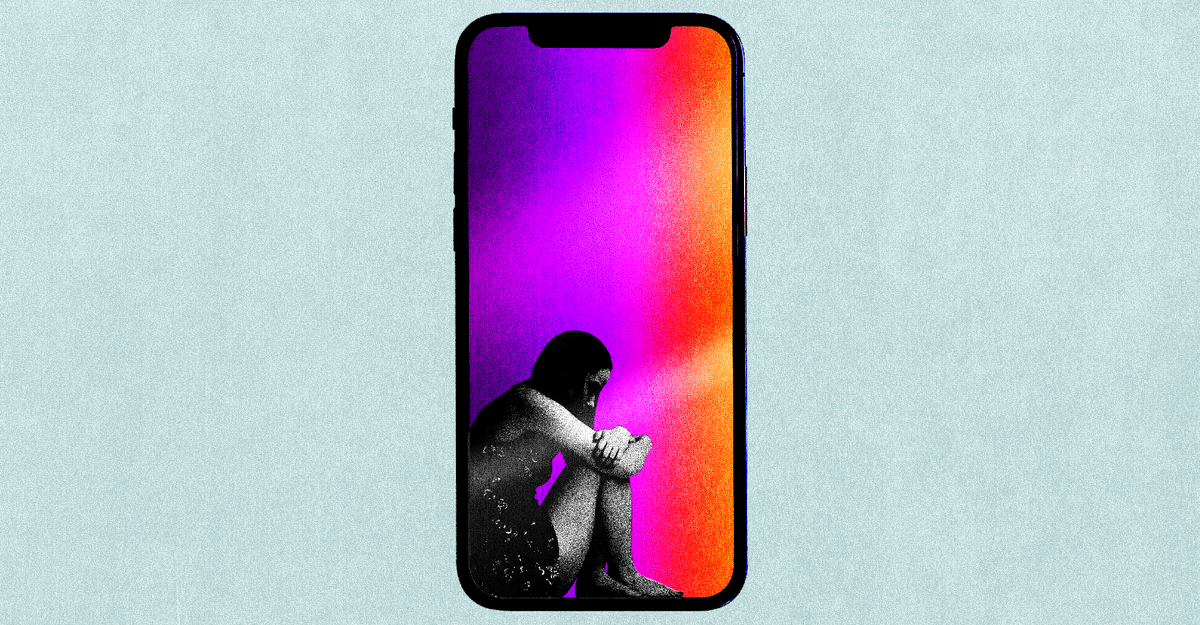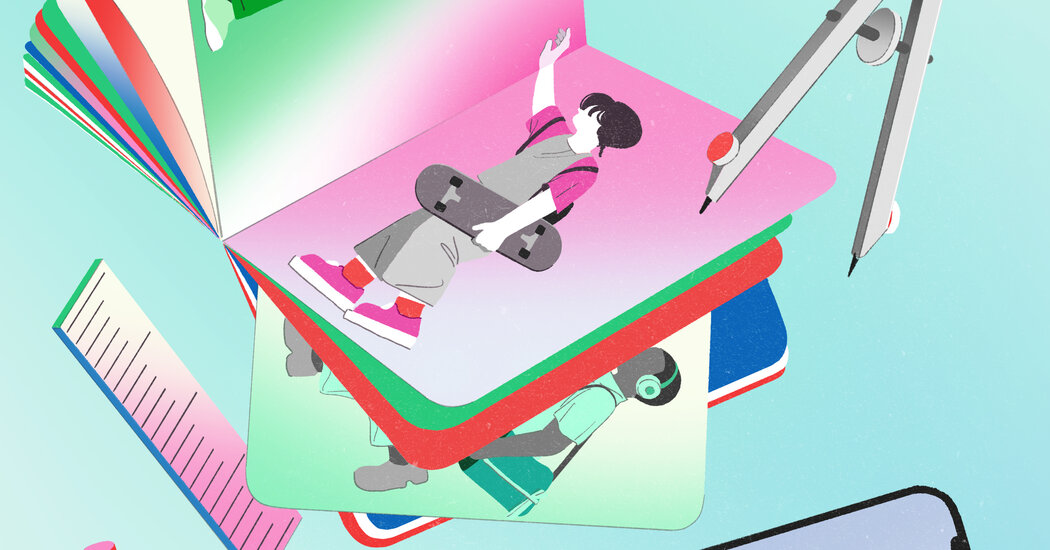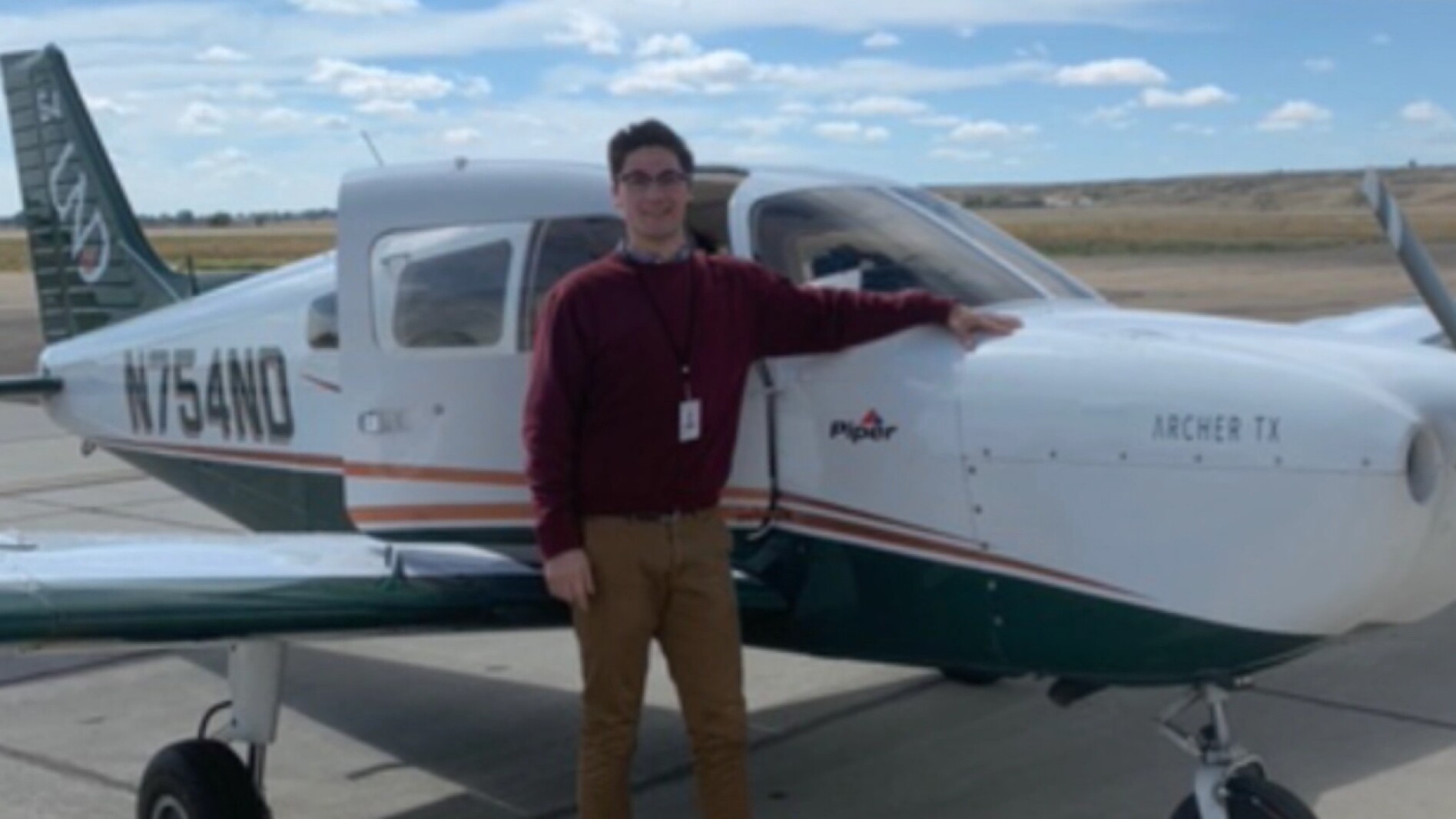99 AW's,
I was going to post this in the Commercial Aviation forum but thought it might gain more traction in the general forum as I have seen Mental Health and the FAA mentioned in several other threads. Looks like this issue is front and center in a recent pilot suicide up at UND. If there are friends of this young man on the forum, this isn't being posted out disrespect. Quite the opposite. The article mentions that in his last note he wrote to try and change the rules regarding mental health.
Can anyone offer more detail on the crux of the issue? I'm guessing that it revolves around loss of flight status for use certain meds (antidepressants come to mind) to correct very treatable health concerns. How big of a problem is this?
Here's the article:
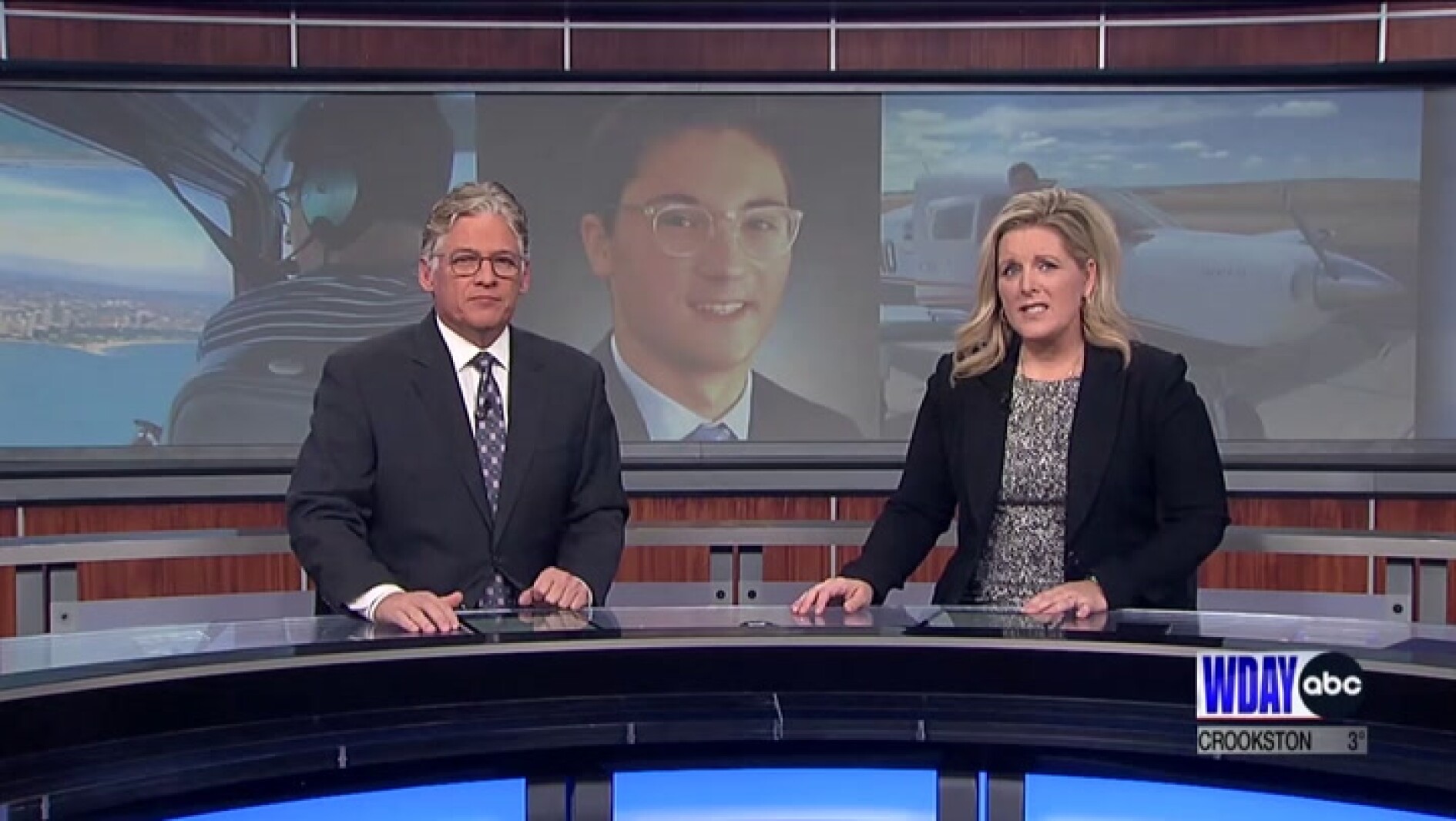
 www.inforum.com
www.inforum.com
Not sure if there's going to be paywall problems so I've screenshot the article and attached.
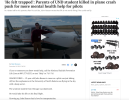
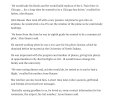
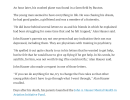
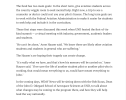
I was going to post this in the Commercial Aviation forum but thought it might gain more traction in the general forum as I have seen Mental Health and the FAA mentioned in several other threads. Looks like this issue is front and center in a recent pilot suicide up at UND. If there are friends of this young man on the forum, this isn't being posted out disrespect. Quite the opposite. The article mentions that in his last note he wrote to try and change the rules regarding mental health.
Can anyone offer more detail on the crux of the issue? I'm guessing that it revolves around loss of flight status for use certain meds (antidepressants come to mind) to correct very treatable health concerns. How big of a problem is this?
Here's the article:

'He felt trapped': Parents of UND student killed in plane crash push for more mental health help for pilots
In a letter left for his parents after his suicide, John Hauser wrote that life is not worth living if he could not fly.
Not sure if there's going to be paywall problems so I've screenshot the article and attached.





